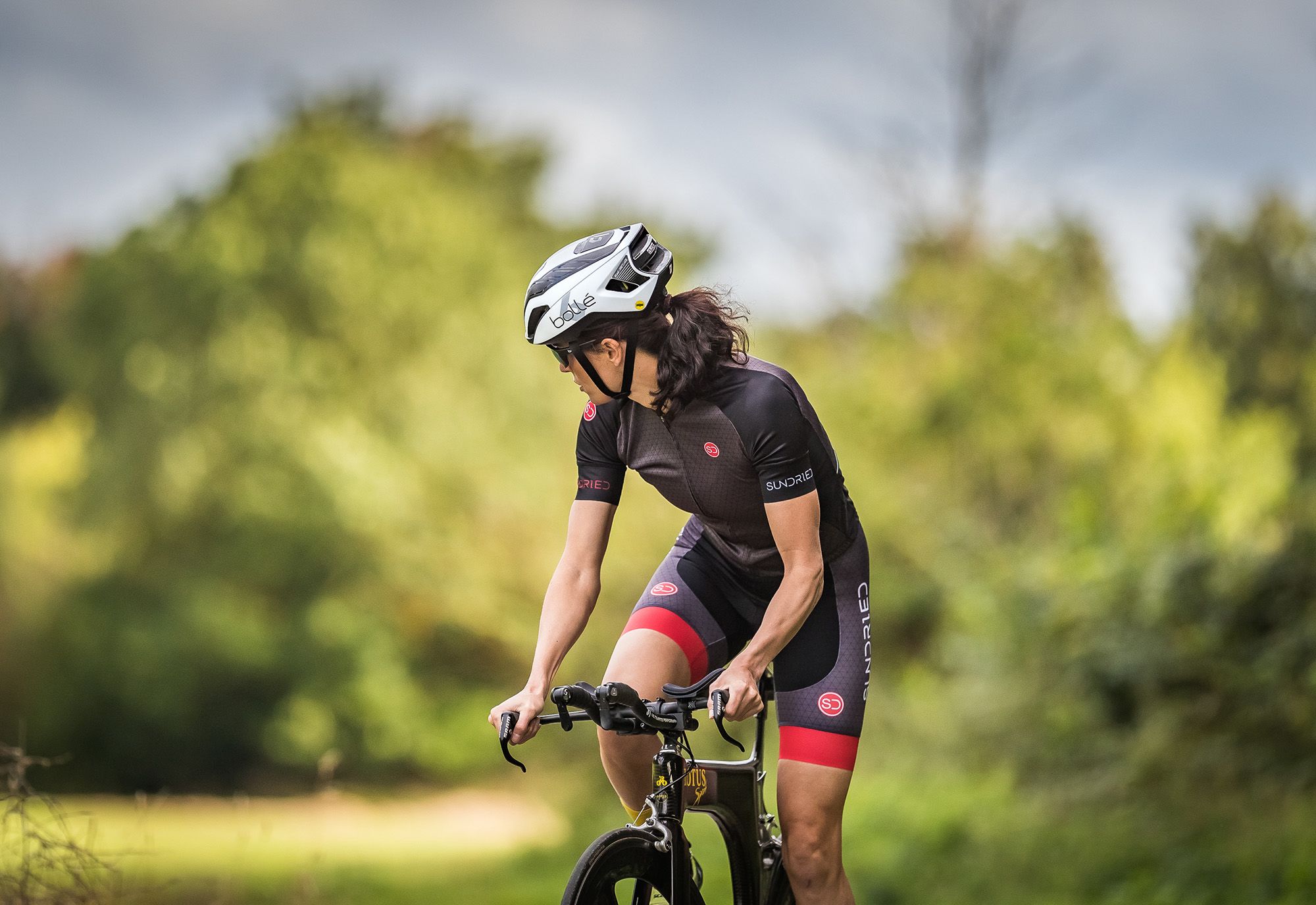
| Photograph: Kirsty McDougall


Following £1.2 million investment from BFTT’s R&D Programme Grants awarded to ten of the UKs leading small and medium fashion brands last year, a further £1.1 million funding has been announced today, and will be awarded to 13 SME recipients that place sustainability, innovation and social purpose at the heart of their business model.
Led by UAL, and in partnership with Loughborough University, University College London, Queen Mary University of London, University of Leeds and University of Cambridge and V&A, the BFTT programme consists of a bespoke support package designed to enable small and medium enterprises from across the fashion, textiles and technology sector, provide access to expertise and resources to develop the next generation of sustainability-driven products, services and experiences.
A total of thirteen of the UK fashion industry’s pioneering and most innovative and sustainable brands have been awarded over £1.1 million by the programme. It is one of nine Creative Research & Development Clusters funded under the Creative Industries Cluster Programme which aims to boost productivity via creative R&D, backing businesses to create jobs and increase the earning power of people throughout the UK with investment in skills, industries and infrastructure. With the COVID-19 impact on the industry in today’s challenging climate, a comprehensive support package that enables SMEs to drive forward sustainability focused innovation is more vital than ever before.
The BFTT programme's second and third cohorts of awarded projects will be shaping the future of the fashion and textiles industry by developing innovative new materials, products, services & experiences with sustainability at their core.
Professor Jane Harris, BFTT Programme Director, said:
"Small to Medium Enterprises (SMEs) are critical to the economy and critical to the creative sector in particular, making up over 95% of creative businesses in the UK. The BFTT R&D Programme seeks to highlight the value and impact SMEs can have in our sector and on the economy, when provided with the right type of financial support and research expertise."
“The project aims to establish a dedicated textile research lab which focuses on the ongoing development of highly crafted recycled textiles made from fashion industry waste fabric. This project will provide the fashion or interiors sector with a new and innovative way to repurpose their pattern cutting waste and/or leftover fabric in a way which can be developed to fit with their brand design values.”

“The project will provide a first dedicated microfibre filter for the textile industry, This is a much-needed device currently not available that will have a significant impact due to the substantial quantities of emissions it can prevent.”

“Virustatic Shield is a technologically innovative anti-viral, anti-bacterial and anti-pathogenic face covering. This project aims to research and develop more sustainable and compatible substrates for the next generation of Virustatic Shield face covering – with focus on wool, silk and cellulosic.”

“Dash & Miller and Jessica Garvey Birch intend to create a platform to meet their clients’ needs within a digital space without losing the tangible quality of their design whilst streamlining the process of designing sustainably.”

“They aim to identify ingredients and processes of leather finishing that are traceable, sourced from UK bioregion(s), are natural and sustainably produced, and biodegradable in the finished leather.”

“They aim to develop a service and offer recycled materials from UK waste streams to the UK and global brands – via a replicable, sustainable and commercial R&D structure.”

“This project aims to develop and validate the commercial feasibility of an innovative process for dyeing wool yard using natural colorants like active ingredients extracted from residual fruit skins and vegetable peel from juicing industry thus bringing to the market a genuinely sustainable range of “naturals-dyed” products that is not yet available to the general market.”

“NURVV is developing a wearable sensing technology that enables monitoring physical gait and body health with sports, ageing and healthcare applications. The aim of the project is to develop the next generation of their patented technology and working with commercial partners develop prototypes to increase sustainability of the product.”

“The aim of this project is to design and develop a full range of “designed to be recycled” clothing for retail, hospitality outdoor and sports sectors.”

“We are looking to develop the commercial beetling and secure our future by establishing a modern workshop for beetling engines. This is crucial for manufacturing luxury products to allow scientific R&D with eco performance finishes”.
